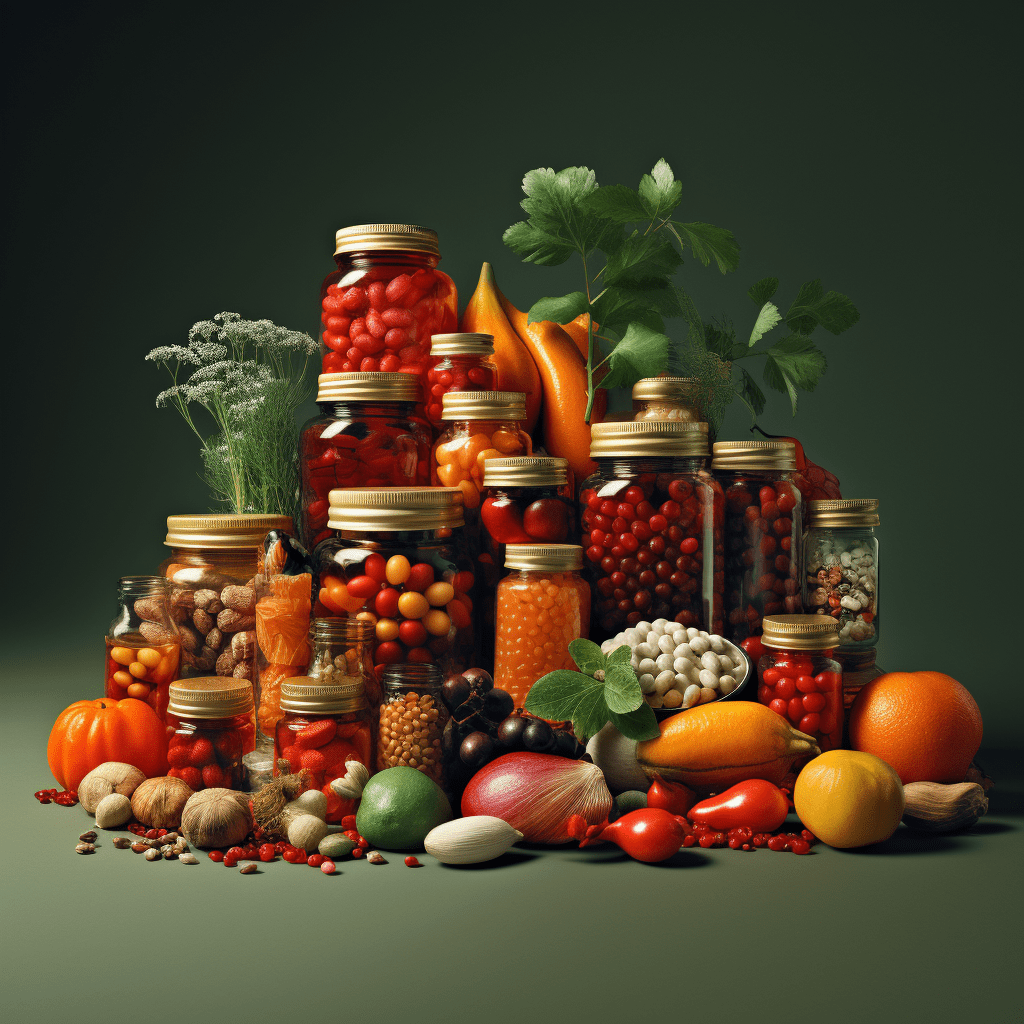The Essential Guide to Organic Foods and Supplements
Embracing a Healthier Lifestyle
In the quest for a healthier lifestyle, organic foods and supplements have become increasingly popular. This surge in demand stems from a growing awareness of the benefits these products offer in terms of nutrition, environmental sustainability, and overall well-being.
What Are Organic Foods?
Definition and Standards
Organic foods are produced using methods that comply with the standards of organic farming. These standards vary worldwide, but they generally involve practices that promote ecological balance, conserve biodiversity, and avoid the use of synthetic fertilizers, pesticides, and genetically modified organisms (GMOs).
Nutritional Benefits
Numerous studies suggest that organic foods may contain higher levels of certain nutrients, including antioxidants, compared to conventionally grown produce. Antioxidants are crucial in combating free radicals, which are implicated in various chronic diseases.
The Role of Supplements in Modern Diets
Filling Nutritional Gaps
Despite the benefits of organic foods, modern diets often lack essential nutrients. This is where supplements come in. They can provide vitamins, minerals, and other nutrients that might not be sufficiently present in one’s daily diet.
Choosing the Right Supplements
When selecting supplements, it’s vital to opt for those that are organic or naturally sourced. This ensures that you’re not consuming synthetic additives or chemicals that could be harmful to your health.
The Environmental Impact
Sustainable Practices
Organic farming is generally more environmentally friendly. It uses less energy, conserves water, reduces soil erosion, and decreases pollution. By choosing organic products, you are supporting sustainable practices that are kinder to our planet.
Reducing Your Carbon Footprint
Organically grown foods typically have a lower carbon footprint. This is because organic farming systems are more energy-efficient and produce less waste and greenhouse gases.
The Economic Perspective
Cost vs. Value
While organic foods and supplements can be more expensive, many argue that the health and environmental benefits they provide justify the extra cost. Investing in organic products is an investment in your health and the health of the planet.
Supporting Local Farmers
Buying organic often means supporting local farmers and small businesses, which helps strengthen local economies and communities.
Making the Right Choices
Reading Labels Carefully
It’s important to understand labels when shopping for organic foods and supplements. Look for certifications like USDA Organic in the United States or equivalent standards in other countries.
Incorporating Organic Foods into Your Diet
Start by incorporating organic fruits and vegetables into your diet. Gradually, you can expand to include organic dairy products, meats, and grains.
Conclusion
Embracing organic foods and supplements is more than a dietary choice; it’s a lifestyle commitment to better health and a more sustainable world. By making informed decisions about what we eat and how it’s produced, we can have a positive impact on our personal well-being and the environment.
Remember, every small step towards an organic lifestyle contributes to a larger change. Start your journey today!







